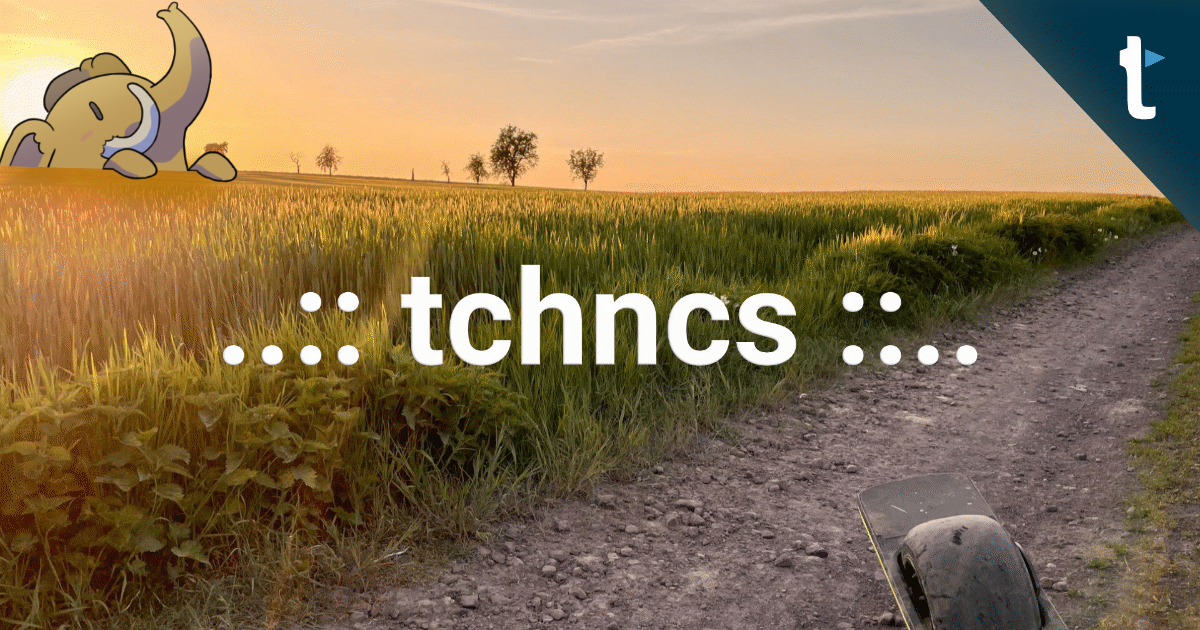Recent searches
Search options
#AGPL enthusiasts be like: “yeah, so writing a book review is a copyright violation of the book even if you don't quote it”
@pixelcode EUPL has destroyed the need for any GPL derivatives
@pixelcode I’m an AGPL enthusiast and I don’t think that?
Could you elaborate what’s this all about?
@emilis First of all, please note that I'm not entirely serious, as always
As you know, the AGPL says that the licensee must obey its licence terms when offering access to the licensed work over a network.
This poses the question whether it generally even constitutes a copyright violation to offer access to a program without sending the program's source/binary code to anyone.
In other words: Does the AGPL apply here at all? Just because a licence says something, it doesn't have to be true.
@emilis Imagine a server program that takes in a math formula from the user and spits out nothing but the pure result – just a number, nothing else (literally just “42”, for example).
If you self-hosted that server program, you would never transmit any source code or any binary code to the user. Would you still violate the programmer's copyright to the code?
If yes, then the copyright violation must lie in the mere execution of the program, because you wouldn't do anything else with it.
@emilis Similar to how the number 42 is the result of executing that program, wouldn't a review be the “result” of reading a book? If the review doesn't quote the book, then a hypothetical copyright violation would have to lie in reading the book. Surely, you wouldn't argue that you'd need the author's permission to read the book at home.
I don't get why we have such double standards for different works. German (EU) law explicitly states that executing programs violates copyright (§ 69c UrhG).
@pixelcode I think in this analogy AGPL enthusiasts say "writing a book review is a violation if you DON'T link to the full text of the book".
The main problem I see with your argument is that copyright (as much as I understand it) works differently for different kinds of creations. So you can't substitute books instead of code.
E.g. in music you can take someone else's rhythm for free, but copying as little as 6 notes from a melody is a no-no. Completely different from both books and code.
My point is this:
• Reading a book, looking at a photo or listening to music isn't a copyright violation under German (EU) law. (Only copying/re-publishing is.)
• However, reading, downloading, compiling or executing computer source code (without redistributing it!) is illegal without permission.
• I find this double standard nonsensical, and I dislike that the AGPL exploits it, as this strengthens the position of corporations that want to take away everyone's digital sovereignty.
@pixelcode I haven't heard of any corporation using AGPL.
I have heard of corporations scanning their library dependencies to get rid of the (A)GPLv3 ones.
@emilis I think we're talking about two separate issues.
Your stance: You want to prevent companies from abusing your code (fair enough), and AGPL is effective at that.
My stance: AGPL requires very strict copyright law in order to work. But by advertising a licence that makes use of copyright to its full extent, the FSF has been normalising the corporations' demands for tighter copyright law – which would obviously help copyleft, but would also, for example, make adblocking illegal.


